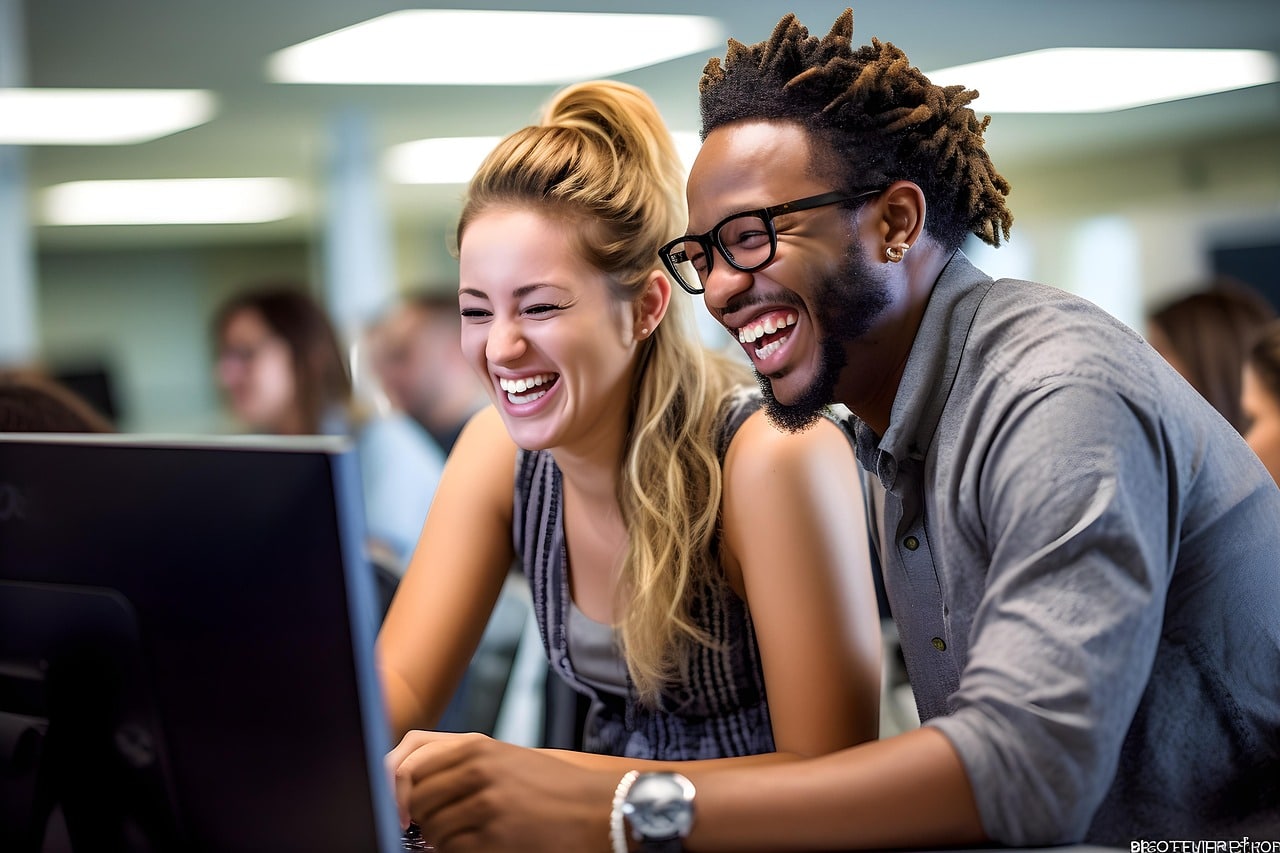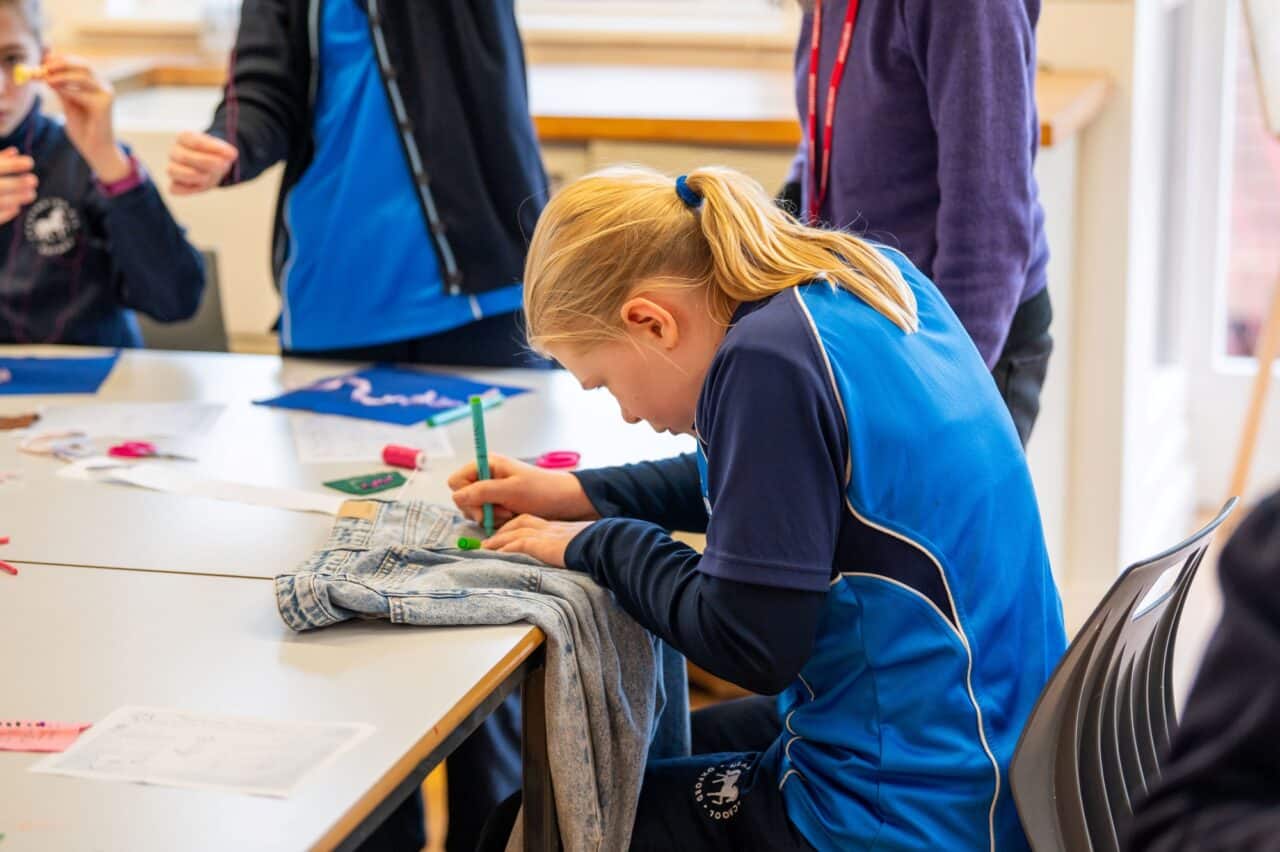The Residential Trip
Having recently returned from our Lower School trip to the Bay of Naples (October 2024), I was left contemplating the value of the foreign residential, especially in the current economic climate. As a seasoned trip leader, over the years (27 to date) I have led and accompanied a wide variety of trips both to the Classical World and the more modern one. I’m also a mum to two daughters who have studied at Headington Rye Oxford.
For many children, this might be their first time travelling without the security of their parents, especially in the post Covid era where many have not had the opportunities due to travel restrictions. Learning how an airport really works – Check in, getting a large group of 35 pupils plus staff through security, how to find a suitable meeting place when dismissed to get lunch and learning how to use the departure boards to find the gate – involves skills we might take for granted when as parents we lead the way. Similarly, returning to the UK and navigating the E Gates on your own (with the trip leader always lurking at the back) can also build future confidence. Taking responsibility for your passport will also, hopefully, teach them the importance of not losing such documents. It can also be the realisation of the impact of draining your phone battery when the time comes to call home to update your family on the expected arrival time.
Travel opens up opportunities to face fears and anxieties in a number of ways. It might be managing the fear of take off and being helped by your friends, or perhaps anxiety over not knowing the local language well enough to know exactly what you are saying. Attempting to speak a few words in the local language certainly ensures better service, from the simple ‘thank you’ to ‘please could I have’. On our recent trip, we asked students to improvise a scenario – with a lot of the sketches they came up with resulting in the need for an ambulance!
Those of us who might be a little more anxious at unfamiliar food may find this aspect of travel challenging – certainly I remember my own first experience eating a pizza on a visit to Moscow in 1991! Inevitably, they will find the gelato or other familiar food from home but it is good to expose young people to new foods and tastes. We certainly very much enjoyed our visit to a mozzarella producer especially when we could have a go at the techniques involved in making this specialty and then taste it.
Another thing to get to grips with is the uncertainty of sleeping in an unfamiliar environment without the full extent of our home comforts – and perhaps getting used to sharing with others! On our recent trip, we had to contend with incredible thunderstorms overnight where I was convinced that Jupiter (the Roman God of Lightning) really was casting his thunderbolts at wrong doers. Being able to navigate sharing our space with others for what can feel like an intense period can be a challenge. It is, however, lovely to see how students learn to accept others and support those who might be finding it a bit tough.
There might be physical or mental challenges for the students to overcome – to use our recent Classics trip as an example, the idea of walking up the slopes of an active volcano could be quite a daunting prospect, balanced with not wanting to miss out on the views at the top.
It is also an opportunity to compare and contrast how other countries operate – whether it be realising that the traffic is just as bad on the highway to Naples as it is to Oxford – or looking at how the terrain affects people’s lives. We noticed how incredibly populated the area all around Mount Vesuvius was both by housing but also by horticulture since the mountain provides nutrients to the land.
Walking through the delightful shopping streets of both Sorrento this year and Athens (on our trip to Greece last year) also makes students think about their personal safety all the more. Carrying your bag on your front and being aware of who is around you may come in as a handy reminder for those who plan to travel post A Levels without the safety net of a school trip or family visit.
All of this can be applied to any school trip abroad whether it is run by Classics, History, Politics, Geography, Modern Languages to name but a few. But what else does it offer the students that perhaps could not be gained on a trip with family?
The cost of travelling abroad has sadly risen as we have all no doubt found when booking our own family trips. We pack in a lot for the overall cost on our Headington Rye trips, including visits, transport and meals in situ. Being able to pack into a six-day road trip visits to Athens, Delphi, Olympia, Tiryns, Mycenae, Epidaurus and Nafplion is no mean feat as the distances in mainland Greece are huge. With typically four-hour coach rides between destinations, it’s an opportunity to take in the landscape more fully. Certainly I can see how the views at Delphi might have inspired the Romantics and feel incredibly lucky to have such opportunities.
Studying sites in a textbook is no match for the actual visit to the place itself. Last year one student commented upon seeing the famous Lion Gate at Mycenae ‘I didn’t realise it was so big!’ or upon seeing the Mycenaean artefacts that are prescribed for study at GCSE such as the Tiryns ring ‘It’s so small but intricate’. It’s sobering for students seeing the casts of the dead at Pompeii or Herculaneum, enabling them to make a connection between the stories they have heard from the likes of Pliny the Younger and the human experience.
It provides an opportunity for students to think beyond themselves – something I particularly remember after accompanying a very noisy group to Auschwitz. They were silent for what seemed hours afterwards.
Walking the very same streets that Caecilius (our hero of the Cambridge Latin Course) and seeing the grooved roads from the traffic or traffic calming devices at the top of the Forum allow us all to connect with the past more vividly.
It is a huge privilege to be able to take students around a site, tailoring the experience to the audience before me. I very much enjoy pointing out those things that have particular meaning to the students and that pique their interest. I also seem, on recent trips, to have attracted listeners from the general public, being asked at Tiryns in Greece about the galleries or appearing to bring the venue to life far more. Certainly they were able both on this and on our Greece trip to see and do far more than the whistle stop tours from cruise ships (two hours versus my three and a half hours at Pompeii!).
School trips entail a lot of organisation prior to travel and you might wonder why offer them when they involve so much work. Hopefully, everything I’ve written above helps explain why they are important. It’s the chance to make memories with your friends, see places in a way that you might not be able to in the future, to have new experiences (though maybe not as comfortably as during your own trips), to build resilience and confidence. So: Greece 2025/6 anyone?



